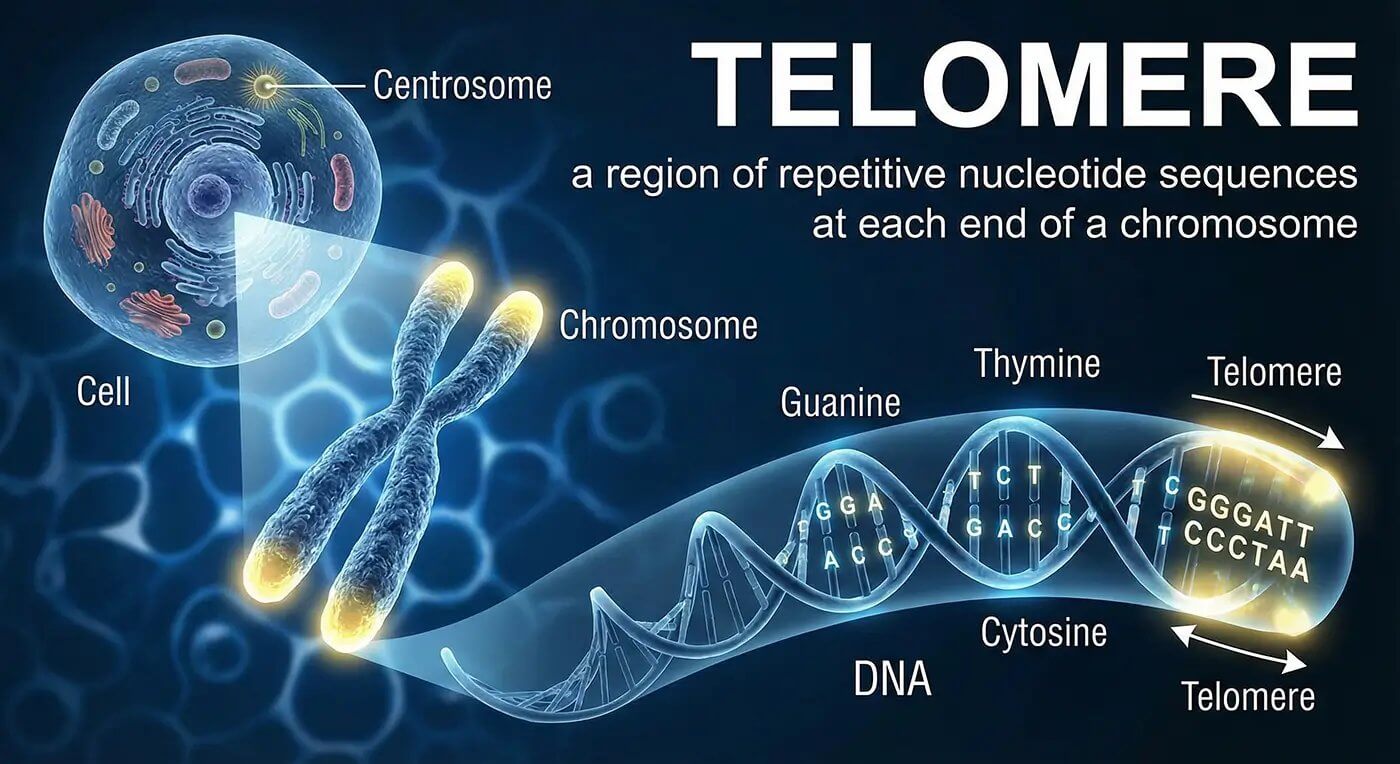Resveratrol Research: Breakthrough Clinical Trials Show Promise for Alzheimer's Treatment

Resveratrol stands at the forefront of modern medical research, with 58 human trials currently registered with the National Institute of Health (NIH). This powerful compound has captured the attention of scientists worldwide, particularly for its potential to combat devastating neurodegenerative conditions. As research advances from laboratory studies to human clinical trials, the scientific community is witnessing unprecedented opportunities for treating conditions once thought irreversible.
Understanding Resveratrol Clinical Trials
The journey of resveratrol from laboratory discovery to potential therapeutic application represents one of the most exciting developments in modern medicine. These clinical trials encompass various stages of research, from initial safety assessments to advanced therapeutic applications. Many studies have already concluded with promising results, while others are actively recruiting volunteers to expand our understanding of this remarkable compound.
What makes resveratrol particularly fascinating is its multi-faceted approach to cellular health. Unlike single-target medications, this natural compound influences multiple biological pathways simultaneously, offering comprehensive benefits that researchers are only beginning to fully appreciate.
Phase 2 Alzheimer's Trial: A Milestone in Resveratrol Research
Among the most anticipated studies is a Phase 2 clinical trial specifically designed to evaluate resveratrol as a treatment for Alzheimer's disease. This groundbreaking research builds upon years of preclinical studies that have consistently demonstrated the compound's neuroprotective properties. The trial represents a critical step in translating laboratory successes into real-world therapeutic applications.
The decision to advance to Phase 2 trials wasn't made lightly. Researchers have accumulated substantial evidence from animal models and preliminary human studies suggesting that resveratrol could significantly impact the progression of Alzheimer's disease. This progression from bench to bedside exemplifies the rigorous scientific process required to develop new treatments.
Foundation of Scientific Evidence
The scientific foundation supporting these human trials comes from numerous peer-reviewed studies, including groundbreaking research published in the journal Age (November 7, 2012). This pivotal study utilized genetically modified mice programmed to develop Alzheimer's disease at the molecular level, complete with the characteristic genetic mutations and abnormal protein accumulations seen in human patients.
The results were nothing short of remarkable. Long-term resveratrol treatment produced a 33% increase in mean life expectancy and an astounding 20% extension in maximum lifespan compared to untreated control mice. These statistics represent more than just numbers; they signify the potential for meaningful therapeutic intervention in a disease that affects millions worldwide.
How Resveratrol Works Against Alzheimer's Disease
Understanding the mechanisms behind resveratrol's effectiveness reveals why researchers are so optimistic about its therapeutic potential. The compound operates through multiple pathways to protect brain cells and potentially reverse damage associated with neurodegenerative diseases.
Reducing Amyloid Burden
One of the hallmark features of Alzheimer's disease is the accumulation of amyloid plaques in the brain. These protein deposits disrupt normal cellular function and contribute to cognitive decline. Resveratrol has demonstrated a remarkable ability to reduce this amyloid burden, essentially clearing away these toxic accumulations and allowing brain cells to function more normally.
The process by which resveratrol achieves this clearing effect involves activating cellular cleanup mechanisms. Think of it as enhancing the brain's natural waste disposal system, enabling it to more efficiently remove harmful proteins before they can form damaging plaques.
Cognitive Enhancement and Neuroprotection
Beyond plaque reduction, resveratrol actively protects neurons from damage and death. The compound strengthens cellular defenses against oxidative stress, inflammation, and other factors that contribute to brain cell deterioration. This neuroprotective effect translates into measurable improvements in cognitive function, as demonstrated in multiple research models.
Patients and their families often report improved memory, clearer thinking, and better overall mental function when resveratrol supplementation is incorporated into treatment plans. While individual results vary, the consistency of positive outcomes across different studies provides compelling evidence for its effectiveness.
The Science Behind Resveratrol's Success
The molecular mechanisms underlying resveratrol's benefits extend far beyond simple antioxidant activity. Research has identified several key pathways through which this compound exerts its protective effects:
Sirtuin Activation
Resveratrol activates sirtuins, a family of proteins often called "longevity genes." These proteins regulate cellular health, DNA repair, and metabolic processes. By enhancing sirtuin activity, resveratrol essentially turns on the body's natural defense and repair mechanisms.
Mitochondrial Function Enhancement
Cellular energy production depends on healthy mitochondria. Resveratrol improves mitochondrial function, ensuring brain cells have adequate energy to perform their complex tasks. This energy boost is particularly crucial for neurons, which have exceptionally high energy demands.
Anti-Inflammatory Effects
Chronic inflammation plays a significant role in Alzheimer's progression. Resveratrol possesses potent anti-inflammatory properties, helping to reduce the harmful inflammatory processes that damage brain tissue over time.
Beyond Alzheimer's: Resveratrol's Broader Applications
While the Alzheimer's trials capture significant attention, resveratrol research extends into numerous other health conditions. Clinical trials are investigating its potential for:
- Cardiovascular disease prevention: Studies show resveratrol improves heart health by reducing inflammation, lowering blood pressure, and preventing arterial damage.
- Diabetes management: Research indicates the compound helps regulate blood sugar levels and improves insulin sensitivity.
- Cancer prevention and treatment: Multiple trials explore how resveratrol might prevent cancer development or enhance treatment effectiveness.
- Age-related cognitive decline: Beyond Alzheimer's, studies examine its role in maintaining general brain health during aging.
- Metabolic syndrome: Trials investigate its ability to address multiple metabolic issues simultaneously.
What Makes Resveratrol Clinical Trials Unique
The approach taken in resveratrol clinical trials reflects modern medicine's evolution toward more holistic treatments. Rather than targeting single symptoms, these studies examine how the compound affects multiple aspects of health simultaneously. This comprehensive approach offers several advantages:
Natural Origin with Scientific Validation
Resveratrol bridges the gap between natural health approaches and rigorous scientific methodology. While the compound occurs naturally in foods like grapes and berries, clinical trials ensure that therapeutic applications meet the highest standards of safety and efficacy.
Personalized Medicine Potential
Ongoing research explores how individual genetic variations might influence resveratrol effectiveness. This personalized approach could help identify which patients are most likely to benefit from treatment, optimizing outcomes while minimizing unnecessary interventions.
Participating in Resveratrol Clinical Trials
For those interested in contributing to this groundbreaking research, many resveratrol trials actively recruit volunteers. Participation offers several benefits:
- Access to cutting-edge treatments before general availability
- Close monitoring by medical professionals
- Contributing to scientific knowledge that could help millions
- Potential health improvements from experimental treatments
Clinical trial participation requires careful consideration and consultation with healthcare providers. However, for suitable candidates, it represents an opportunity to access promising treatments while advancing medical science.
The Future of Resveratrol Research
As current trials progress and new studies begin, the future of resveratrol research looks exceptionally bright. Scientists continue discovering new applications and refining treatment protocols. The compound's versatility suggests that we've only scratched the surface of its therapeutic potential.
Emerging research areas include:
- Combination therapies: Studies exploring how resveratrol enhances other treatments
- Preventive applications: Trials examining its role in preventing disease before symptoms appear
- Dosage optimization: Research to determine ideal dosing for different conditions
- Delivery methods: Development of new formulations for improved absorption and effectiveness
Making Informed Decisions About Resveratrol
While clinical trials continue, many individuals already incorporate resveratrol supplements into their health routines. Making informed decisions requires understanding both the current evidence and ongoing research. Key considerations include:
Quality and Purity
Not all resveratrol supplements are created equal. Clinical trials use pharmaceutical-grade compounds with verified purity and potency. When considering supplementation, choosing high-quality products from reputable manufacturers ensures maximum benefit.
Dosage Considerations
Clinical trials typically use specific dosages based on scientific calculations. While optimal doses for different conditions continue to be refined, current research provides guidance for safe and effective supplementation levels.
Integration with Overall Health Strategy
Resveratrol works best as part of a comprehensive health approach. Combining supplementation with healthy lifestyle choices amplifies benefits and supports overall well-being.
Frequently Asked Questions About Resveratrol Clinical Trials
What exactly is resveratrol and why is it being studied so extensively?
Resveratrol is a natural polyphenol compound found in grapes, berries, and other plants. Scientists study it extensively because research shows it activates longevity pathways, reduces inflammation, protects brain cells, and offers potential treatment for conditions like Alzheimer's disease, heart disease, and diabetes. Its ability to work through multiple biological mechanisms makes it uniquely promising for treating complex health conditions.
How can I participate in a resveratrol clinical trial?
To participate in resveratrol clinical trials, start by visiting ClinicalTrials.gov and searching for studies in your area. Contact your healthcare provider to discuss whether you meet eligibility criteria. Many trials seek volunteers with specific conditions or risk factors. The research team will conduct screening tests to ensure your safety and determine if you qualify for participation.
What were the specific results of the resveratrol Alzheimer's mouse study?
The landmark study published in Age journal showed that resveratrol treatment increased mean life expectancy by 33% and maximum lifespan by 20% in Alzheimer's mouse models. Additionally, treated mice showed significantly reduced cognitive impairment, decreased amyloid plaque formation, and improved overall brain health markers. These results provided crucial evidence supporting human clinical trials.
Are there any risks associated with taking resveratrol?
Resveratrol is generally well-tolerated, but like any supplement, it can have side effects. Some people experience mild digestive issues at high doses. It may interact with blood-thinning medications and certain other drugs. Always consult your healthcare provider before starting supplementation, especially if you have existing health conditions or take medications.
How long before we see resveratrol approved as an Alzheimer's treatment?
The timeline for resveratrol approval depends on clinical trial outcomes. Phase 2 trials typically take 2-3 years, followed by Phase 3 trials lasting 3-4 years. If results remain positive, FDA approval could come within 5-10 years. However, many people already use resveratrol supplements for general health benefits while formal approval processes continue.
What dosage of resveratrol is typically used in clinical trials?
Clinical trial dosages of resveratrol vary significantly depending on the condition being studied. Alzheimer's trials often use doses ranging from 500mg to 2000mg daily. Cardiovascular studies might use different amounts. These doses are much higher than what you'd get from dietary sources alone, which is why supplementation is often necessary for therapeutic effects.
Can resveratrol prevent Alzheimer's disease in healthy individuals?
While definitive prevention studies are ongoing, existing research suggests resveratrol may help reduce Alzheimer's risk. Its neuroprotective properties, ability to reduce inflammation, and positive effects on brain health markers indicate preventive potential. Many researchers recommend it as part of a brain-healthy lifestyle, though more long-term studies are needed for conclusive prevention claims.
How does resveratrol compare to current Alzheimer's medications?
Resveratrol works differently than conventional Alzheimer's drugs. While current medications primarily manage symptoms, resveratrol targets underlying disease mechanisms like amyloid accumulation and neuroinflammation. This fundamental approach could potentially slow or halt disease progression rather than just treating symptoms, making it a promising complementary or alternative treatment option.
What other conditions are being studied in resveratrol clinical trials?
Beyond Alzheimer's, resveratrol clinical trials investigate numerous conditions including type 2 diabetes, cardiovascular disease, various cancers, metabolic syndrome, fatty liver disease, and age-related macular degeneration. Researchers also study its effects on healthy aging, exercise performance, and cognitive function in non-diseased populations.
Where can I find reliable resveratrol supplements while trials continue?
Quality resveratrol supplements are available from reputable manufacturers who follow good manufacturing practices. Look for products with third-party testing, clear labeling of trans-resveratrol content, and companies that specialize in research-based formulations. Leading suppliers offer pharmaceutical-grade resveratrol similar to what's used in clinical trials.
Conclusion: The Promise of Resveratrol
The progression of resveratrol from laboratory curiosity to clinical trial candidate represents a triumph of modern medical research. With 58 human trials underway or completed, and particularly promising results in Alzheimer's disease models, this compound offers hope to millions affected by neurodegenerative conditions and other chronic diseases.
As research continues to unlock resveratrol's full potential, we stand at the threshold of a new era in preventive and therapeutic medicine. The compound's ability to address multiple health challenges simultaneously, combined with its excellent safety profile, positions it as a cornerstone of future health strategies.
Whether participating in clinical trials, following research developments, or incorporating resveratrol into personal health routines, individuals today have unprecedented opportunities to benefit from this remarkable compound. The journey from grape skin to potential Alzheimer's treatment exemplifies how nature and science combine to create solutions for humanity's greatest health challenges.





